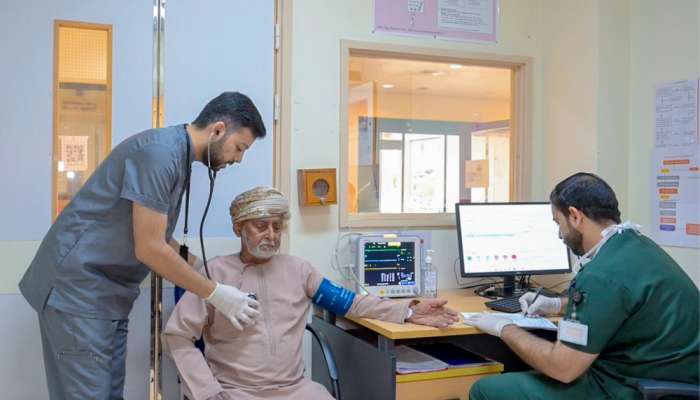
Muscat—The Public Health Law, issued under Royal Decree No. 44/2025, establishes an integrated system of scientific and practical regulations aimed at enhancing the health and safety of society.
As a national priority within Oman Vision 2040, the law seeks to provide comprehensive health services that ensure universal healthcare access while improving the quality of care through collaborative efforts between health sectors and relevant stakeholders.
The legislation encompasses all aspects of public health, setting forth general principles to safeguard individuals' physical, mental, psychological, and social well-being.
It focuses on disease prevention and maintaining a healthy environment free from pollutants that could harm public health. The law serves as a unified reference for standardizing public health concepts, defining the roles and responsibilities of all parties involved, and strengthening coordination mechanisms. It also promotes the development of health programs for disease prevention, control, and treatment, while enhancing public immunity and outlining legal and operational frameworks for public health.
Among its key provisions, the law defines preventive, curative, and rehabilitative health services for citizens, residents, and visitors in Oman. It guarantees patient rights, protects vulnerable groups, and enhances cross-sector coordination in public health initiatives.
The law also addresses infectious disease control, border health measures, environmental health policies, and bioethical issues such as cloning, organ transplantation, and reproductive health.
A central objective of the Public Health Law is to create a robust regulatory system that strengthens health protection and fosters local and international cooperation in addressing public health challenges. It also aims to raise public awareness about health risks and preventive measures.
The first chapter of the law ensures equitable access to healthcare services for all individuals through public, private, and public-private partnership institutions, with explicit protections against discrimination in healthcare provision. The second chapter safeguards physical and mental health by prohibiting any actions that could harm an individual’s well-being.
Meanwhile, the third chapter mandates coordinated strategies to combat infectious diseases and epidemics, while the fourth chapter establishes policies for food safety, occupational health, and environmental protection, including standardized regulations for food production.
By clarifying obligations and safeguarding rights, the Public Health Law reinforces Oman’s commitment to a sustainable and inclusive healthcare system, positioning the country as an attractive destination for health sector investment.